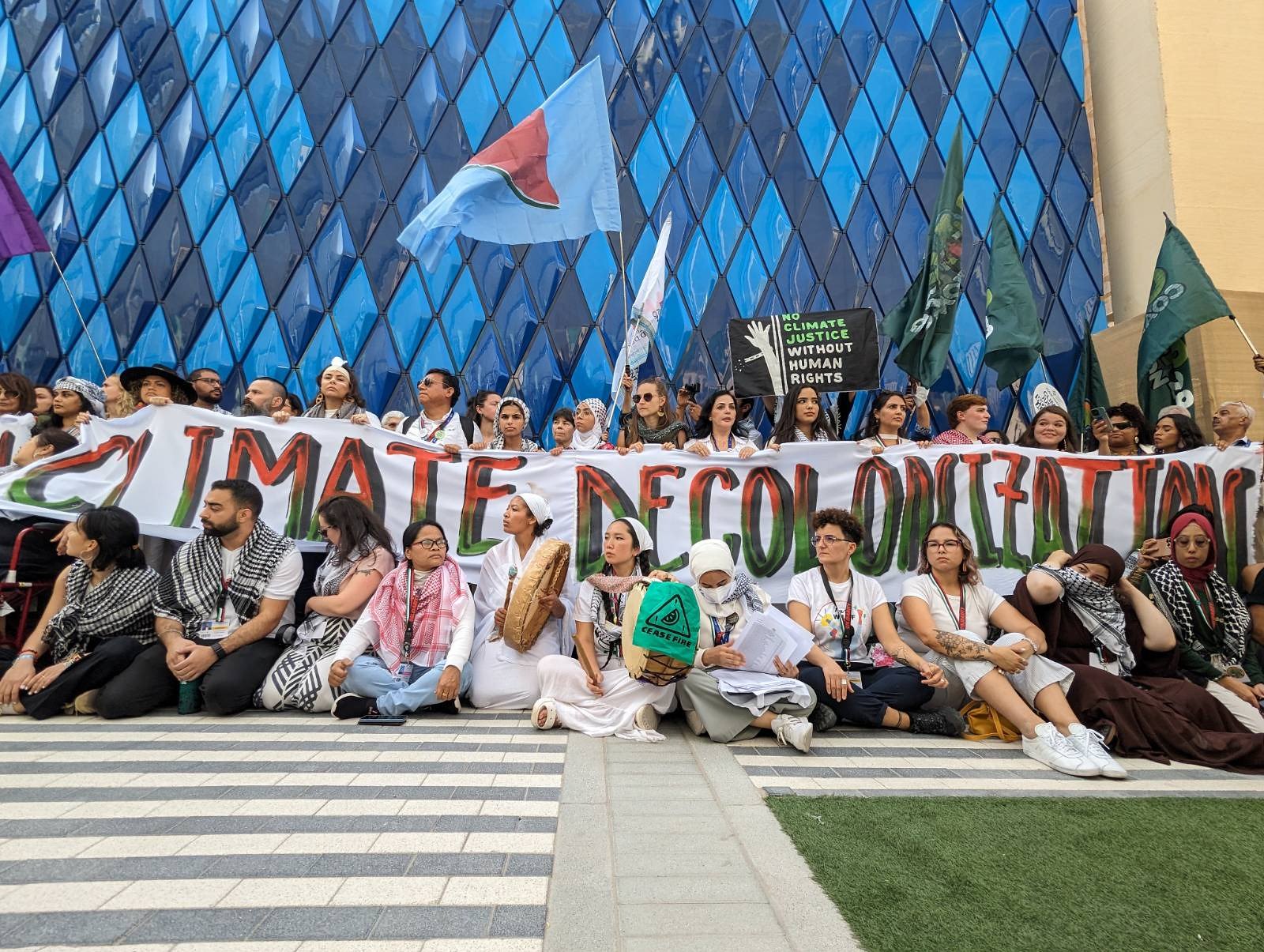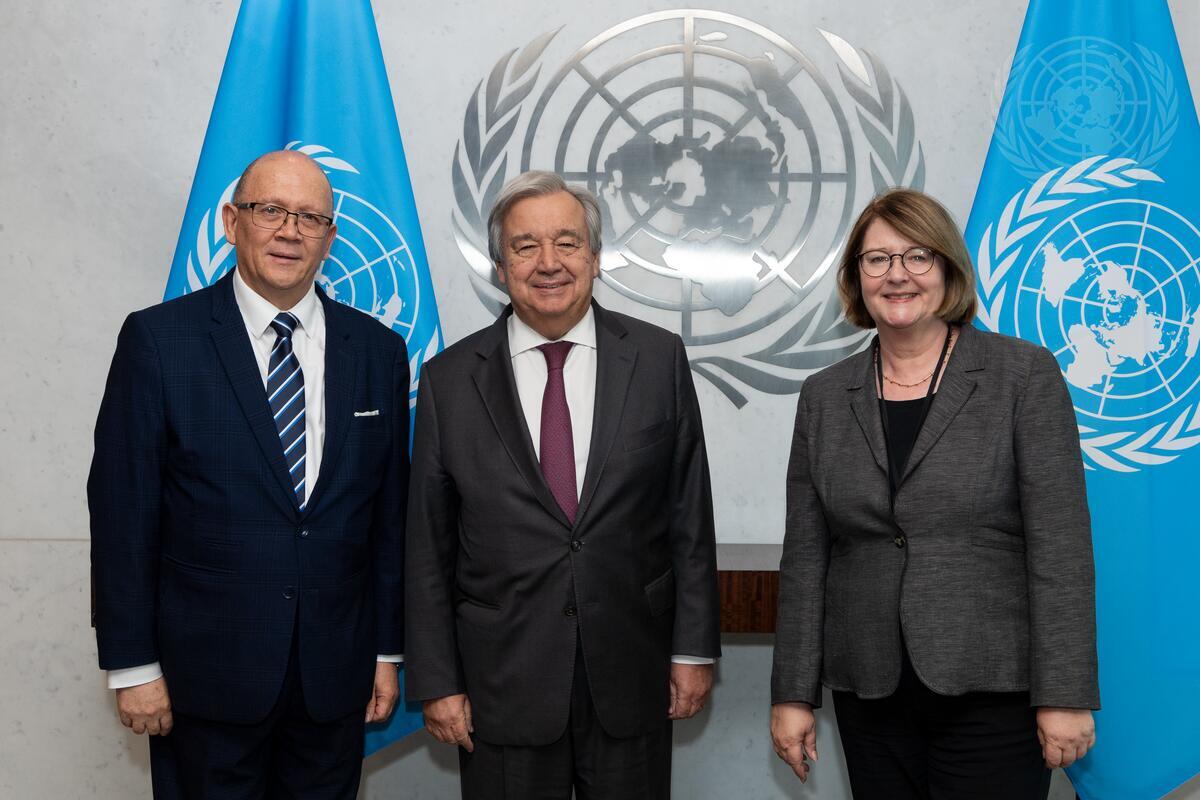What we eat is a political issue. Corporate marriages, mergers, and takeovers concentrate control in the hands of big agricultural corporations at each link in the value chain—from field to fork. Promoting a form of agriculture revolving around productivity and financialization, individual food firms have gained immense market sway, driving purchasing and sales policies by exerting price pressure.
The costs are always highest for the weakest links in the chain: farmers, farm workers, and consumers. With no binding rules on human rights, labor rights, and environmental protection, the business models and growth strategies of agricultural corporations wreck ecological havoc, lead to poor working conditions, and cause poverty further back in the chain.
While a rising number of people are organizing resistance movements against agrarian and trade policies that boost the power of the multinationals, the trend towards a further concentration of corporate power continues. A major reason lies in the power relations described in this atlas. To push for the necessary political changes, we first need to understand the basic facts about agri-food businesses and corporate power.
The atlas serves data and facts on major food firms, new agro-technologies (such as synthetic fertilizers or crop genetics), and trade-related issues like price fluctuations in agricultural commodities or the branding of agricultural products. The collection of about 20 articles and numerous graphics on current trajectories in the agri-food system shows why and how the road to a socio-ecologically oriented agricultural and nutritional industry must be taken.
The Agrifood Atlas is jointly published by the Rosa Luxemburg Foundation, the Heinrich Böll Foundation, and Friends of the Earth Europe. We consider the Atlas a toolbox, so please feel free to use articles and graphics.



